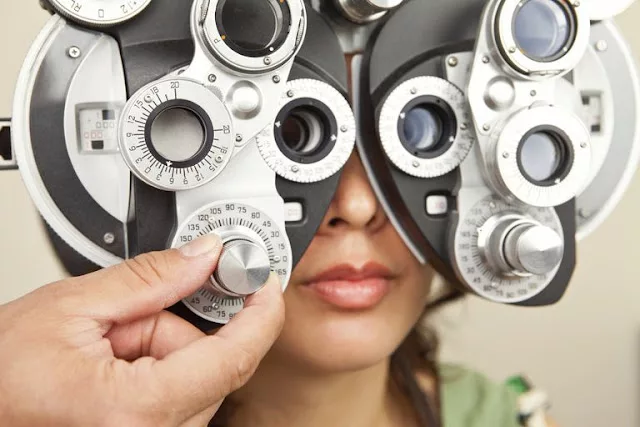Refractive Surgery
Surgeon Ophthalmologist Diakonis Vasilios, specialized in the Vardinoyannis Eye Transplant and Microsurgery Laboratory in Heraklion, Crete, and his team undertake both the diagnosis and surgical treatment of refractive errors, such as myopia, hyperopia, and astigmatism, providing the patient with the opportunity to be free from glasses and contact lenses.
Written by

Diakonis Vasilios MD PhD
Surgeon OphthalmologistDirector, 2nd Ophthalmology Clinic
Metropolitan Hospital

Preoperative Assessment of Refractive Errors
Dr. Diakonis’ team offers a comprehensive ophthalmologic evaluation using state-of-the-art equipment during the preoperative assessment for myopia, hyperopia, and astigmatism. Based on patient history, test results, and clinical examination, the doctor informs the patient whether it is safe to proceed with surgery to be free from glasses and contact lenses.

Categories of Refractive Surgeries
There are two categories of surgeries for the reduction of myopia, hyperopia, and astigmatism (PRK and LASIK). The choice of surgical technique depends on the measurements and ocular characteristics of each patient. The surgeon, taking these factors into account and prioritizing the safety of the patient, makes the final decision.

Post-Surgery
The patient does not require hospitalization and returns home the same day, wearing a therapeutic contact lens. Depending on the surgical technique used, there may be a range of symptoms such as tearing, photophobia, the feeling of a foreign body, and eye pain. The patient’s vision becomes functional after a few days, while the patient continues using eye drops for several weeks post-surgery.
